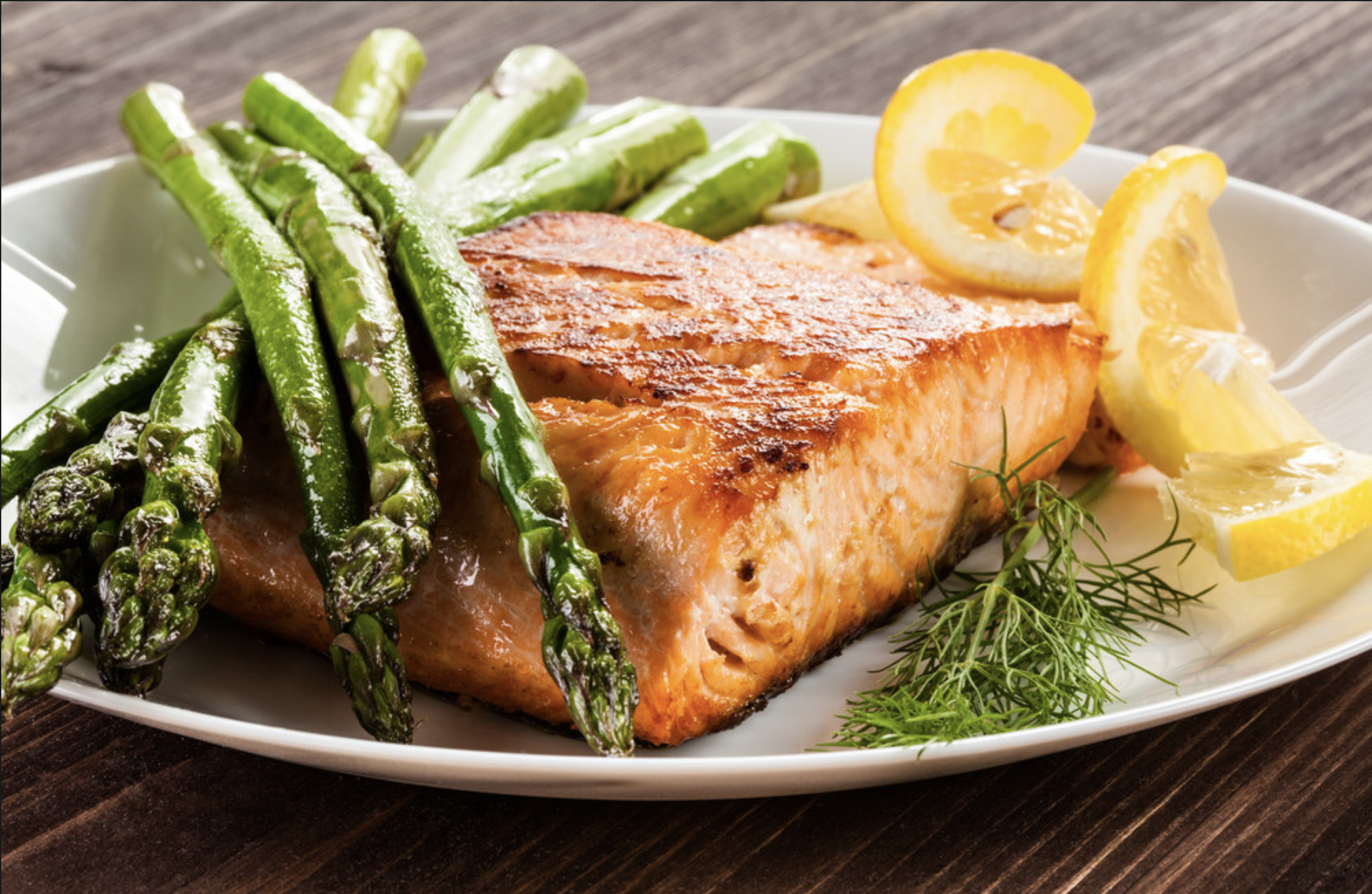
We're eating the wrong foods, in the wrong amounts. That's making us not only fatter, but sicker too - Photo: Shutterstock
Scientists studied the effects of 14 popular diets. They found that people maintained most of their weight loss after six months on their chosen diet. However, the effects stopped after 12 months.
“We’re eating the wrong foods, in the wrong amounts,” stresses Joel Bikman, a longtime nutrition executive. “That’s making us not only fatter, but sicker.”
Here are some reasons why most popular diets don't work.
Diets can be lacking in nutrients
Many diets focus not on calories, but on regional foods, or on specific foods in isolation. One of the most common problems is that you feel hungry soon after eating. Maybe it's not because you need to eat more, but because you need to eat better.
A study published in BioMed Central found that many diets promote meals that are deficient in essential nutrients. Like calorie restriction, this can lead to more serious health problems down the road.
“This study demonstrates significant micronutrient deficiencies in popular diets,” the researchers wrote.
A proper balance of macronutrients, prioritizing protein and healthy fats, while limiting carbohydrates, has a very positive effect.
Each macronutrient plays a role in keeping your body full and satisfied, preventing overeating, reducing cravings and aiding weight loss.
Most diets are unsustainable.
Calorie restriction is probably the most common way people try to lose weight. They think it's a simple math problem. Just eat fewer calories than your body burns. While it's certainly possible to lose weight, it can be difficult to maintain and isn't necessarily good for your body.
The National Institute on Aging (NIA) found that people who restricted their calories lost weight, but they also experienced negative side effects. These included loss of bone density, lean muscle mass, and aerobic capacity.
Some people also experience short-term episodes of anemia. “Much more needs to be learned about their effectiveness and safety, especially in older adults,” the NIA says.
Poor protein choices
While some people decry fats and carbohydrates, protein is often considered the “baby.” Yet many people still eat too little protein, or even the wrong kind. Look for proteins with high biological value, meaning they are absorbed and used efficiently by the body.
Because of their complete amino acid structure, animal protein sources often have a higher biological value than plant sources. According to research in the journal Sports Science & Medicine , egg and whey protein have the highest biological value.
Consuming the wrong type of fat
For decades, fat has been blamed for weight gain and health problems. That's why the low-fat diet trend started. Now, with overwhelming scientific evidence to the contrary, people are realizing that consuming healthy fats may be the best way to improve your health and weight.
“Fats provide energy for the body, protect organs, support cell growth, and help the body absorb important nutrients,” says Vasanti Malik, a research scientist in the department of nutrition at Harvard T.H. Chan School of Public Health.
By focusing too much on cutting out all the fat, you can actually deprive your body of what it needs most."
Just remember that not all fats are created equal. According to Healthline, the healthy fats you need are typically found in dairy products, eggs, fatty fish, nuts, and plants like avocados.
Source


![[Photo] National Assembly Chairman Tran Thanh Man meets with General Secretary and President of China Xi Jinping](https://vstatic.vietnam.vn/vietnam/resource/IMAGE/2025/4/14/4e8fab54da744230b54598eff0070485)
![[Photo] Reception to welcome General Secretary and President of China Xi Jinping](https://vstatic.vietnam.vn/vietnam/resource/IMAGE/2025/4/15/ef636fe84ae24df48dcc734ac3692867)
![[Photo] Tan Son Nhat Terminal T3 - key project completed ahead of schedule](https://vstatic.vietnam.vn/vietnam/resource/IMAGE/2025/4/15/85f0ae82199548e5a30d478733f4d783)








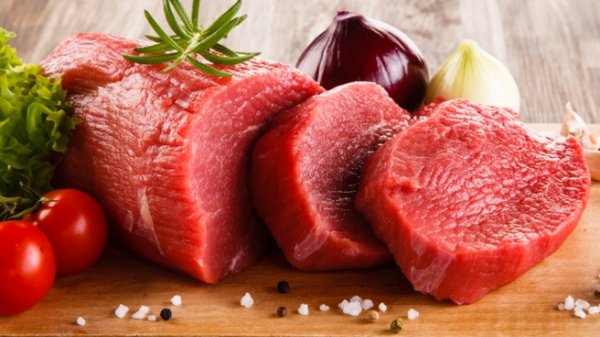


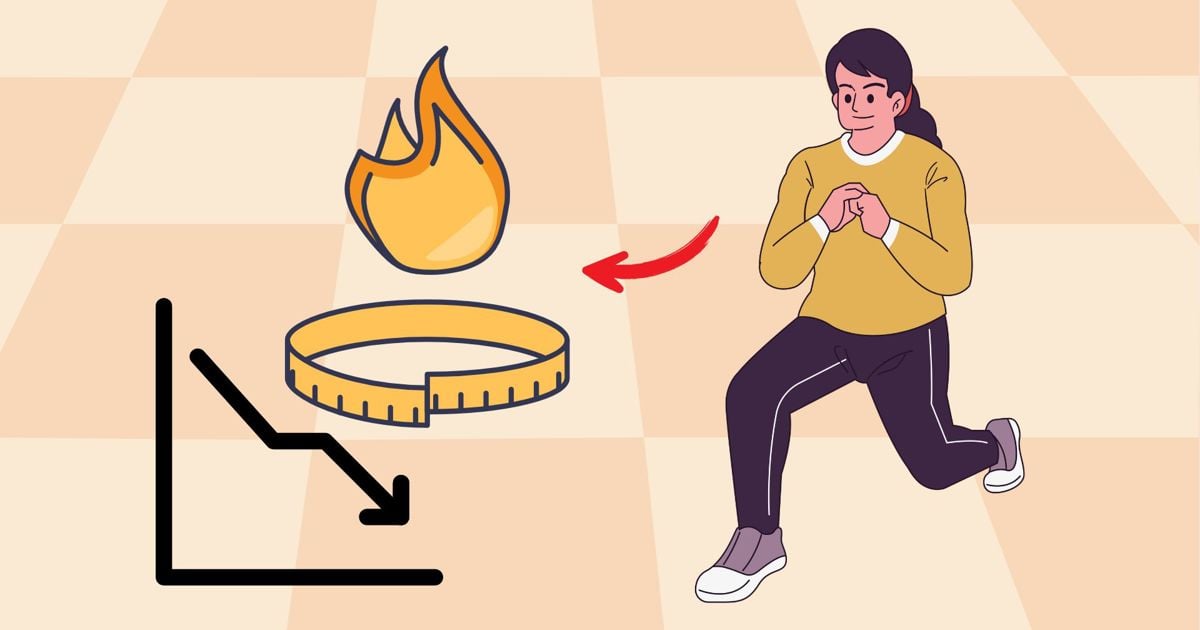









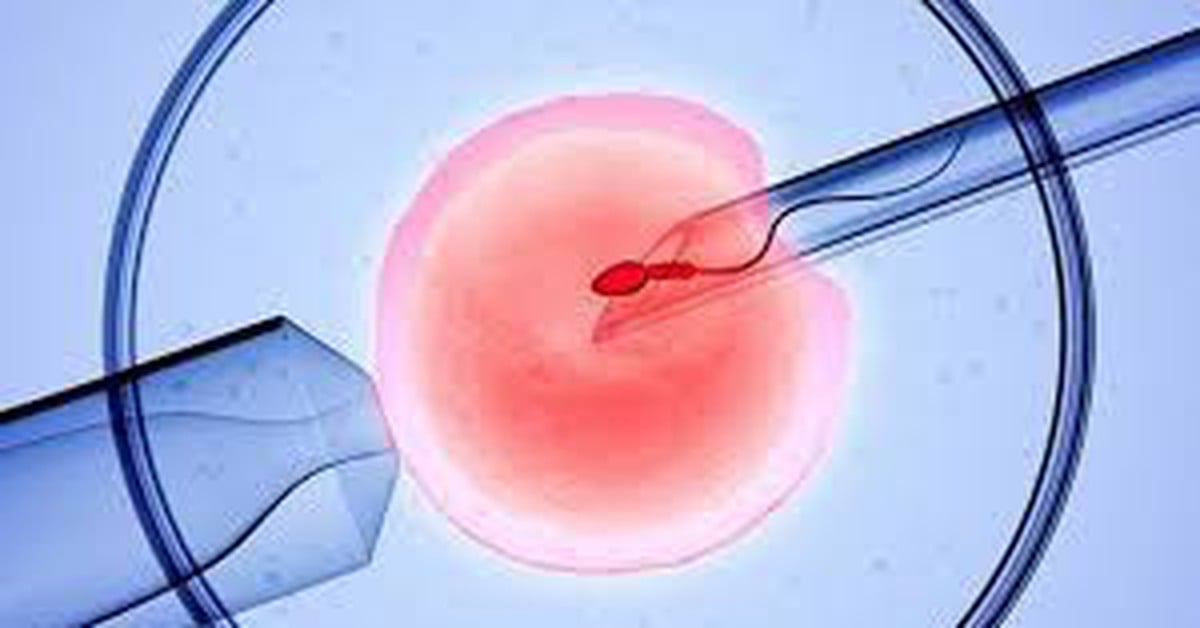





![[Photo] Prime Minister Pham Minh Chinh meets with General Secretary and President of China Xi Jinping](https://vstatic.vietnam.vn/vietnam/resource/IMAGE/2025/4/14/893f1141468a49e29fb42607a670b174)















































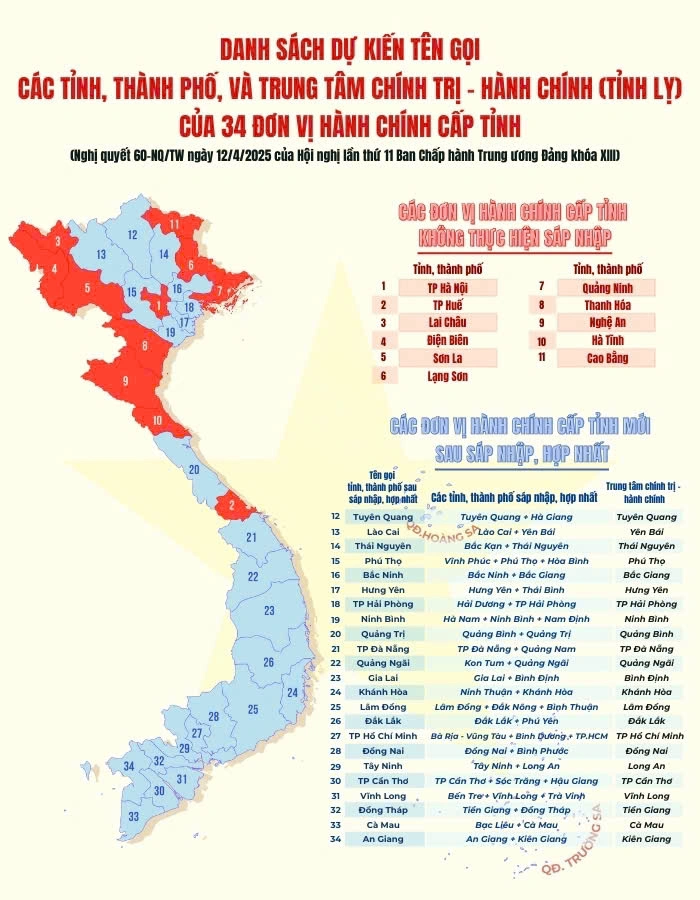















Comment (0)